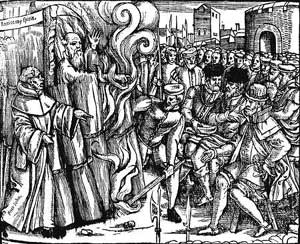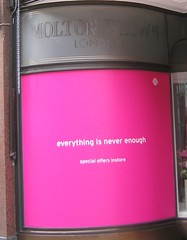I have always been most proud of my second cousin who is a thatcher. At a recent family event I discovered that he has now become a teacher but another cousin has, inspired by his example, taken up the thatching trade. My practical limitations give me immense respect for people who actually have a craft and so I was full of interest. This was somewhat diminished when he told me that the thatch he uses on the cottages of Devonshire is actually grown in China.
Here is what William Cobbett has to say on a similar subject (in this case Leghorn bonnets) in his Cottage Economy (written in 1820-21):
'The practice of making hats and bonnets, and other things, of straw, is perhaps of a very ancient date. . . In this country the manufacture was, only a few years ago very flourishing; but it has now greatly declined, and has left in poverty and misery those whom it once well fed and clothed.

The cause of this change has been, the importation of the straw hats and bonnets from Italy, greatly superior, in durability and beauty, to those made in England. . . It seems odd that nobody should have set to work to find out how the Italians came by this fine straw. The importation of these Italisn articles was chiefly from the port of LEGHORN, and therefore the bonnets imported were called Leghorn Bonnets.
The straw manufacturers in this country seem to have made no effort to resist this invasion from Leghorn. And, which is very curious, the Leghorn straw has now begun to be imported, and to be plated in this country. So that we had hands to plat as well as the Italians. All that we wanted was the same kind of straw that the Italians had: and it is truly wonderful that these importations from Leghorn should have gone on increasing year after year, and our domestic manufacture dwindling away at a like pace, without there having been any inquiry relative to the way which the Italians got their straw! . . . There really seems to have been an opinion that England couldnot more produce this straw than it could produce sugar-cane.' Tweet

